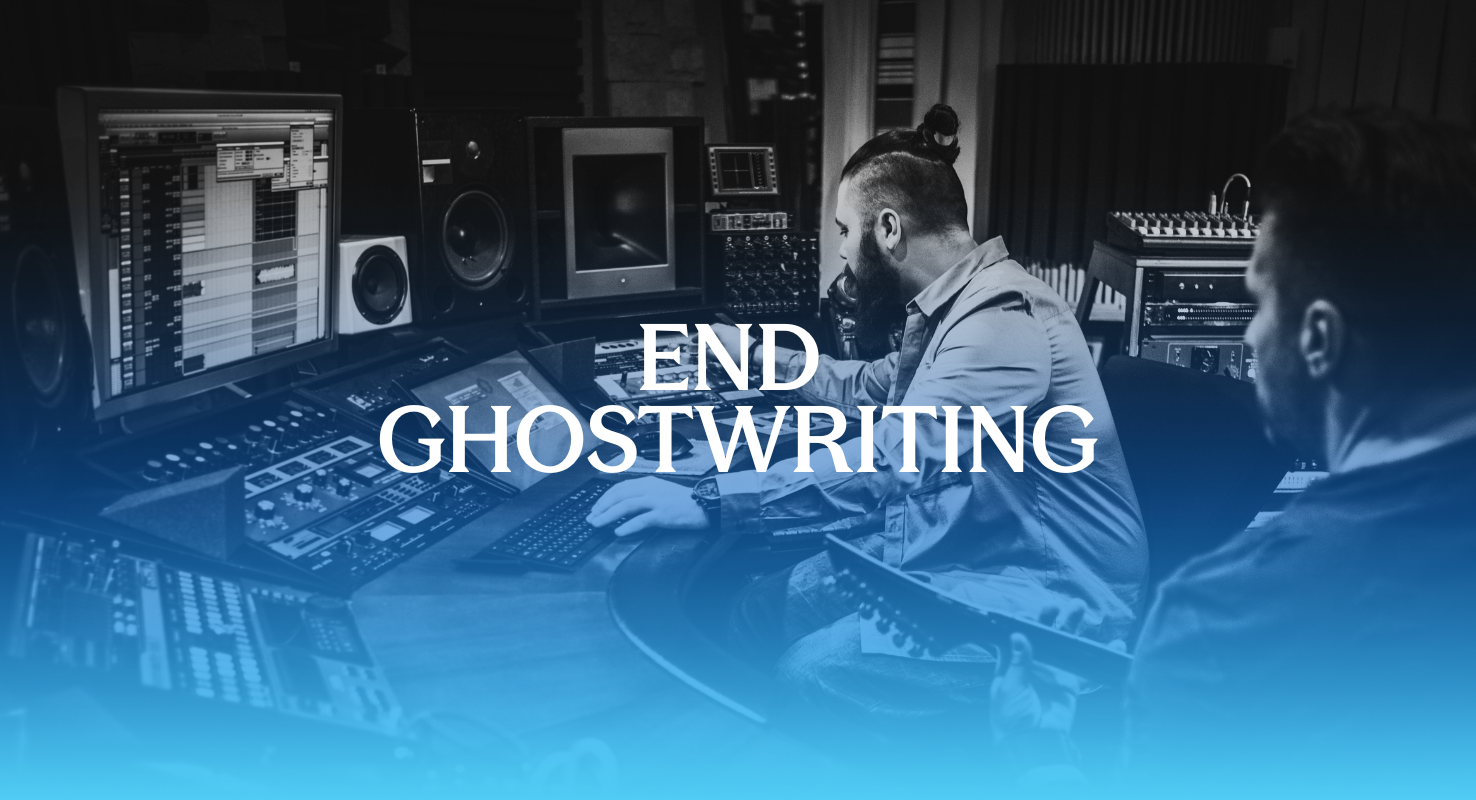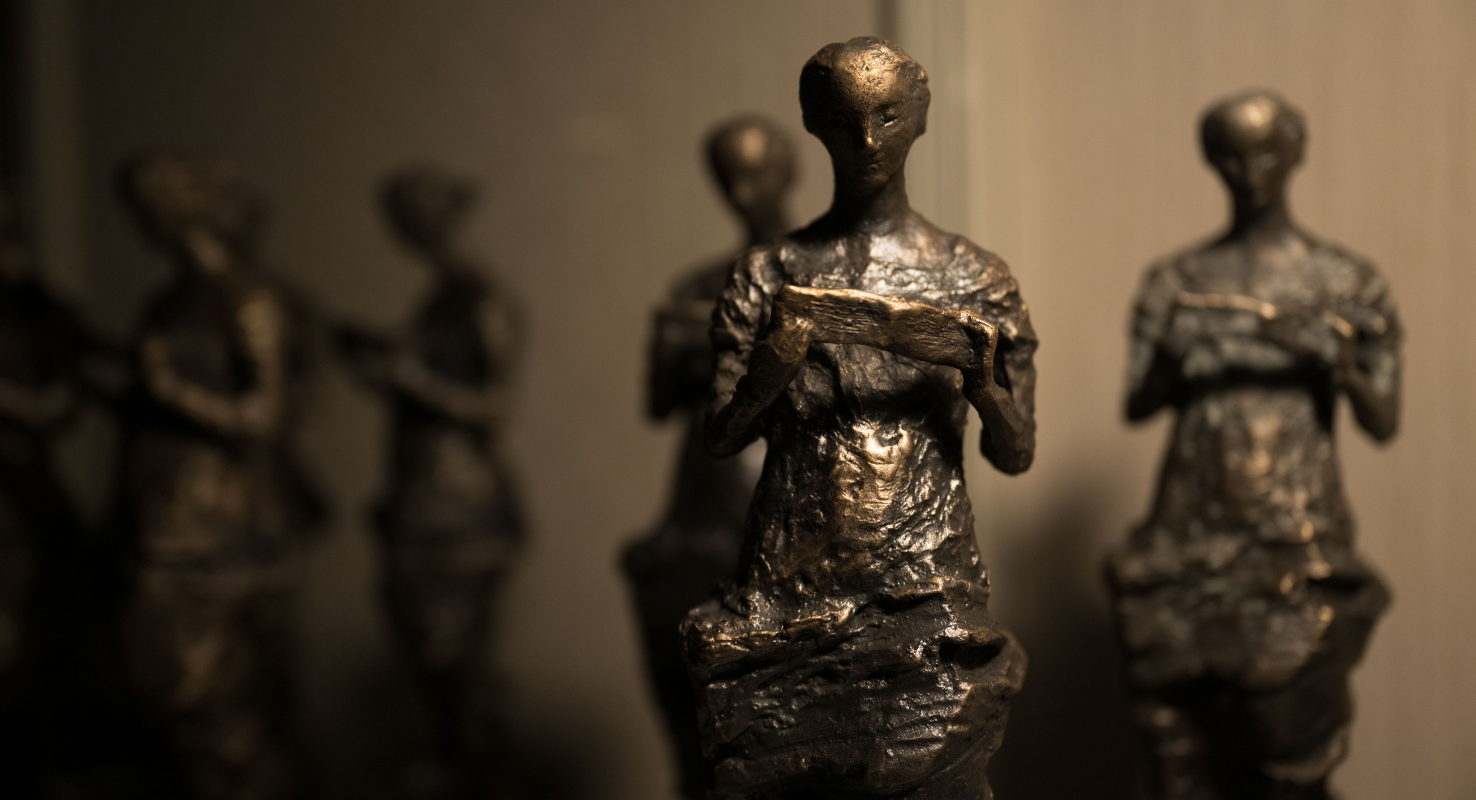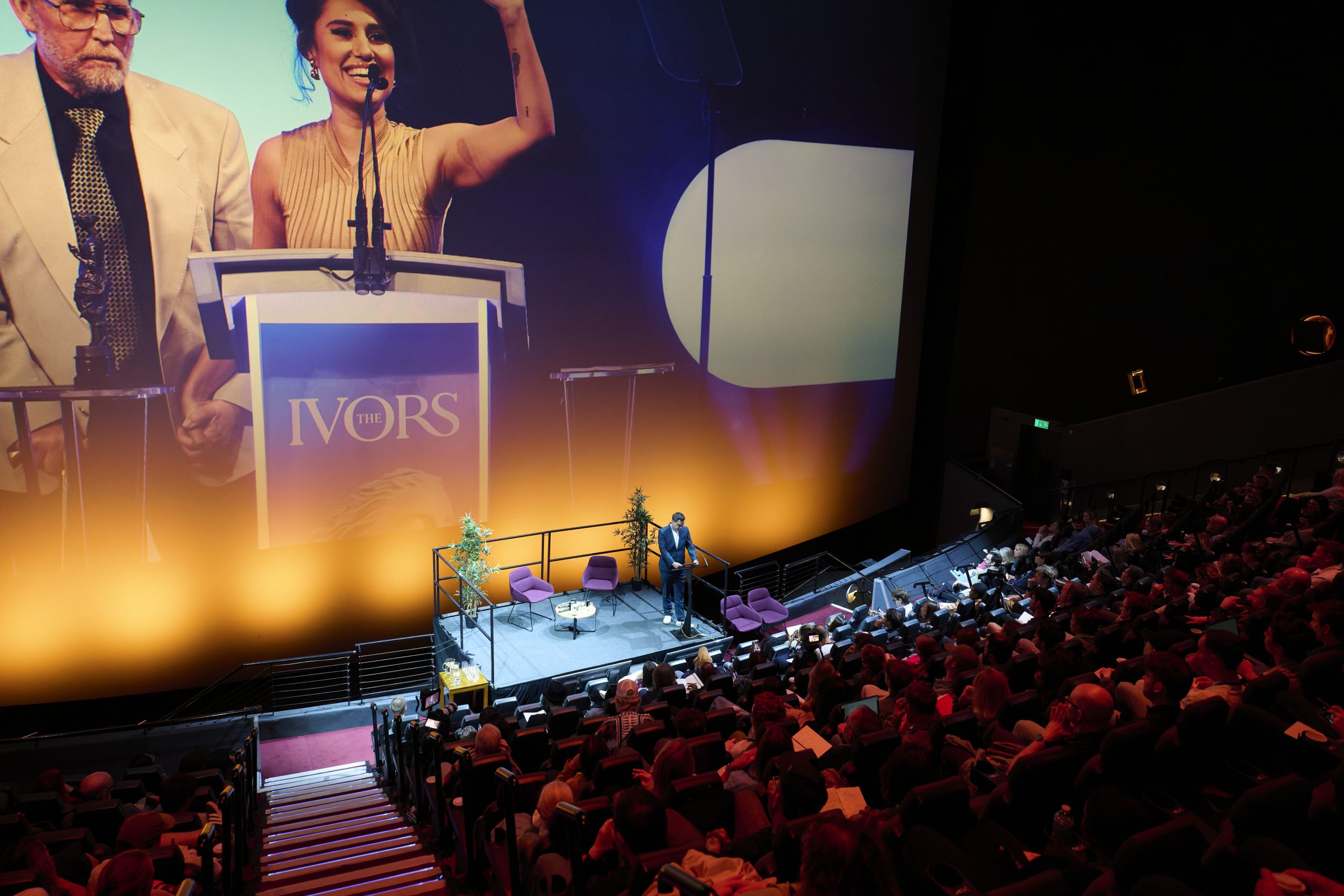Written by Janée ‘Jin Jin’ Bennett, Jess Glynne and Jack Patterson
Published in the UK by Universal Music Publishing, BMG UK – Black Butter Music Publishing and Sony/ATV Music Publishing
Protect
Campaigning and support to protect the rights and earnings of songwriters and composers.

End Ghostwriting
Ensuring media composers receive the credit they deserve
Celebrate
The most prestigious celebrations of songwriters, composers and their champions.

The Ivors with Amazon Music
21 May 2026


